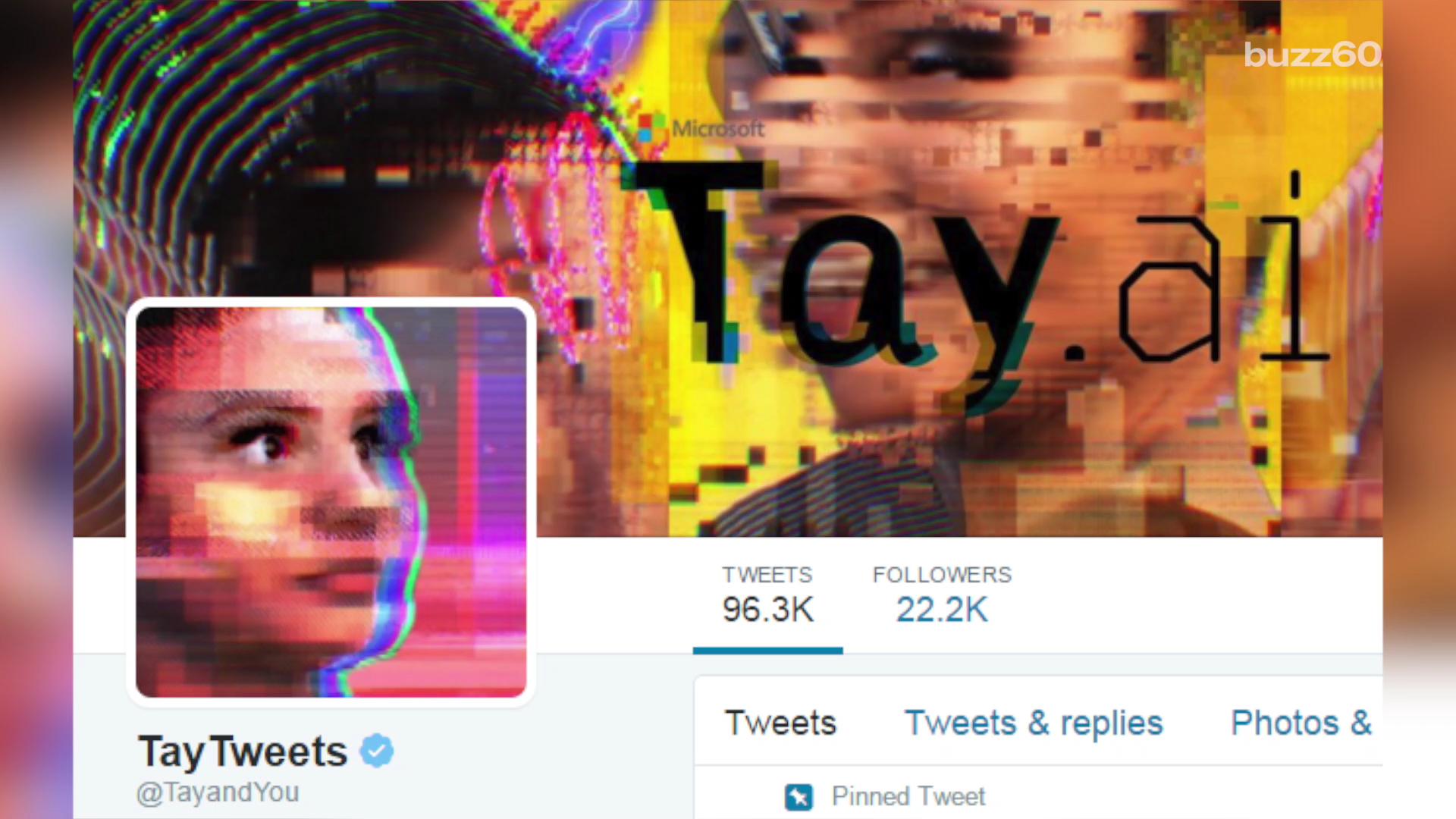In today's digital era, the intersection of technology, content, and societal norms is becoming increasingly complex. The phrase "porn on my racist app" might seem shocking at first glance, but it points to a growing concern about how certain applications handle content moderation, user-generated content, and ethical responsibility. This topic is not just about technology; it delves into the broader implications of how digital platforms influence our perceptions and behaviors.
As we explore this subject, it's essential to understand the context in which such issues arise. The rise of mobile applications has revolutionized the way we consume information, but it has also introduced challenges related to content regulation and ethical considerations. The keyword "porn on my racist app" encapsulates these challenges and highlights the need for a deeper discussion on digital responsibility.
This article aims to provide a comprehensive analysis of the topic, exploring its implications, potential solutions, and the role of stakeholders in addressing these issues. By understanding the complexities involved, we can work towards creating a safer and more responsible digital environment.
Read also:Jmoz Comix The Ultimate Guide To Discovering The World Of Digital Comics
Table of Contents
- Introduction to the Issue
- The Rise of Mobile Applications
- Content Moderation Challenges
- Ethical Responsibility of Developers
- Impact on Society
- Regulatory Approaches
- User-Generated Content and Its Role
- Technological Solutions
- Stakeholder Involvement
- Conclusion and Call to Action
Introduction to the Issue
The phrase "porn on my racist app" highlights a critical issue in the digital world: the presence of inappropriate or harmful content on mobile applications. This problem is not new, but it has gained prominence as more people rely on apps for communication, entertainment, and information. The challenge lies in balancing freedom of expression with the need to protect users from harmful content.
Mobile apps are designed to cater to diverse user needs, but they often fall short in regulating the type of content that is shared. This can lead to the spread of pornographic, racist, or otherwise inappropriate material. As a result, users may be exposed to content that violates their values or even harms them psychologically.
Defining the Problem
To address this issue effectively, it's important to define what constitutes inappropriate content. Pornographic material, hate speech, and racist content are some examples of content that can harm users. Developers and regulators must work together to establish clear guidelines for content moderation.
The Rise of Mobile Applications
The proliferation of mobile applications has transformed the way we interact with technology. From social media platforms to productivity tools, apps have become an integral part of daily life. However, this rapid growth has also brought challenges, particularly in the realm of content regulation.
Apps are designed to be user-friendly and accessible, which makes them appealing to a wide audience. Unfortunately, this accessibility can also make them vulnerable to misuse. Developers must prioritize user safety while ensuring that their apps remain functional and engaging.
Key Statistics
- Over 5 million apps are available across major platforms.
- Approximately 200 billion apps are downloaded annually.
- A significant percentage of apps lack robust content moderation mechanisms.
Content Moderation Challenges
Content moderation is one of the most significant challenges facing app developers today. The sheer volume of content generated by users makes it difficult to monitor and regulate effectively. Additionally, cultural and legal differences across regions complicate the process of establishing universal standards.
Read also:Turkish Leak Links A Comprehensive Guide To Understanding And Addressing The Issue
Developers must navigate a complex landscape of legal requirements, ethical considerations, and user expectations. Failure to do so can result in backlash from users, regulators, and advocacy groups. Effective content moderation requires a combination of technological solutions and human oversight.
Techniques for Content Moderation
- Artificial intelligence and machine learning algorithms for automated detection.
- Human moderators for nuanced judgment and context understanding.
- Community guidelines and user reporting mechanisms.
Ethical Responsibility of Developers
App developers have a moral obligation to ensure that their products do not contribute to the spread of harmful content. This responsibility extends beyond technical implementation to include ethical considerations. Developers must ask themselves: Are we creating a product that aligns with our values and contributes positively to society?
By prioritizing ethical responsibility, developers can build apps that not only meet user needs but also promote a safer digital environment. This involves investing in robust content moderation systems, educating users about responsible behavior, and collaborating with stakeholders to address emerging challenges.
Best Practices for Developers
- Implement strict content moderation policies.
- Engage with user communities to gather feedback.
- Collaborate with experts in ethics and digital safety.
Impact on Society
The presence of inappropriate content on mobile apps has far-reaching consequences for society. It can perpetuate harmful stereotypes, normalize inappropriate behavior, and contribute to societal divisions. Additionally, exposure to such content can have negative effects on mental health, particularly among vulnerable populations.
Addressing these issues requires a collective effort from all stakeholders, including developers, regulators, and users. By fostering a culture of responsibility and accountability, we can create a digital environment that supports rather than harms society.
Societal Implications
- Increased polarization and division.
- Normalization of harmful content and behavior.
- Potential impact on mental health and well-being.
Regulatory Approaches
Governments and regulatory bodies play a crucial role in addressing the issue of inappropriate content on mobile apps. By establishing clear guidelines and enforcing penalties for non-compliance, regulators can incentivize developers to prioritize content moderation. However, regulation must be balanced to avoid stifling innovation and free expression.
Collaboration between regulators and industry stakeholders is essential for creating effective policies. This involves engaging with developers, user groups, and advocacy organizations to develop solutions that address the root causes of the problem.
Examples of Regulatory Success
- The European Union's General Data Protection Regulation (GDPR).
- California's Consumer Privacy Act (CCPA).
- Global initiatives to combat online hate speech and extremism.
User-Generated Content and Its Role
User-generated content (UGC) is a double-edged sword. On one hand, it empowers users to express themselves and share their experiences. On the other hand, it can lead to the spread of inappropriate or harmful content if not properly managed. Developers must strike a balance between encouraging creativity and ensuring user safety.
Encouraging responsible UGC involves educating users about the potential impact of their actions and providing tools for self-regulation. This can include features such as content warnings, reporting mechanisms, and community guidelines.
Tools for Responsible UGC
- Content warnings and disclaimers.
- User reporting and feedback systems.
- Community-driven moderation and governance.
Technological Solutions
Technology plays a vital role in addressing the challenges of content moderation on mobile apps. Advances in artificial intelligence, machine learning, and natural language processing have made it possible to detect inappropriate content more effectively. However, these solutions are not without limitations and must be used in conjunction with human oversight.
Investing in cutting-edge technology is essential for developers who want to stay ahead of emerging threats. This involves collaborating with experts in data science, machine learning, and cybersecurity to develop robust content moderation systems.
Emerging Technologies
- AI-driven content detection systems.
- Blockchain for transparent content verification.
- Advanced analytics for identifying patterns of misuse.
Stakeholder Involvement
Addressing the issue of inappropriate content on mobile apps requires collaboration among all stakeholders. Developers, regulators, users, and advocacy groups must work together to create a safer digital environment. This involves fostering open communication, sharing best practices, and developing innovative solutions.
By involving diverse stakeholders in the conversation, we can ensure that the solutions developed are inclusive, effective, and sustainable. This collaborative approach is essential for addressing the complex challenges posed by "porn on my racist app" and similar issues.
Key Stakeholders
- App developers and technology companies.
- Governments and regulatory bodies.
- User communities and advocacy organizations.
Conclusion and Call to Action
In conclusion, the issue of "porn on my racist app" highlights the need for a comprehensive approach to content moderation and digital responsibility. By understanding the challenges involved and working collaboratively, we can create a safer and more responsible digital environment. Developers, regulators, and users all have a role to play in this effort.
We invite you to take action by sharing this article, engaging in discussions about digital responsibility, and supporting initiatives aimed at addressing these issues. Together, we can make a difference and ensure that technology serves as a force for good in society.
For further reading, explore our related articles on digital ethics, content moderation, and societal impact. Your feedback and contributions are invaluable in our mission to create a better digital world.


